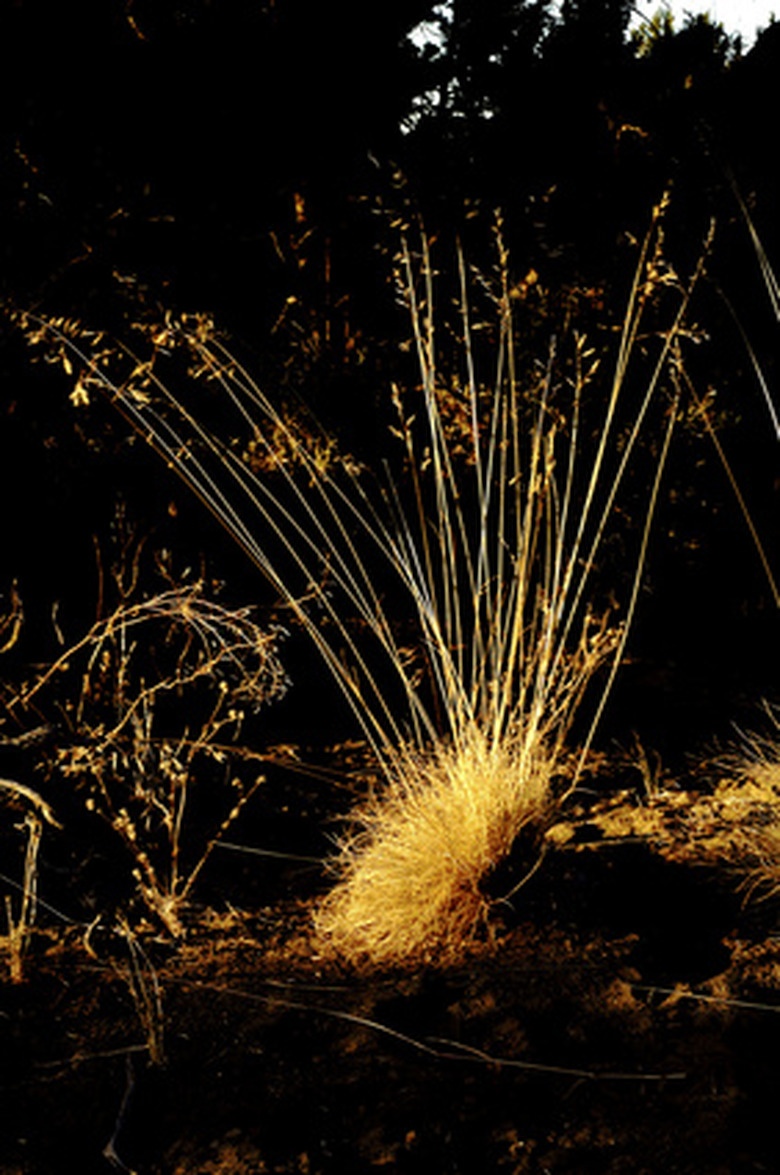Glyphosate-Resistant Plants
Glyphosate is a popular systemic herbicide that is non-selective with a broad spectrum, meaning it will kill any plants it comes in contact with. There are plants, though, that glyphosate either does not effect or that are not permanently killed. Glyphosate resistance in plants happens because plants may have been intentionally genetically altered, environmentally evolved or because miscalculation of the application renders glyphosate less effective.
Glyphosate is a popular systemic herbicide that is non-selective with a broad spectrum, meaning it will kill any plants it comes in contact with. There are plants, though, that glyphosate either does not effect or that are not permanently killed. Glyphosate resistance in plants happens because plants may have been intentionally genetically altered, environmentally evolved or because miscalculation of the application renders glyphosate less effective.
Genetically Engineered
Glyphosate was developed in the 1970s by the agricultural company Monsanto. In the 1980s scientists discovered a way to alter the DNA of a plant to make the plant, and its offspring, resistant to glyphosate. Monsanto used this technology to genetically alter various crop seeds so farmers could grow crops like soybeans, cotton, canola, corn and wheat successfully while applying gylphosate to their fields to control weeds. These genetically altered plants are referred to as "Roundup Ready," Roundup being the glyphosate brand name product Monsanto manufactures and markets. In addition to crops, genetically engineered grass seed is available that is resistant to glyphosate.
- Glyphosate is a popular systemic herbicide that is non-selective with a broad spectrum, meaning it will kill any plants it comes in contact with.
- In the 1980s scientists discovered a way to alter the DNA of a plant to make the plant, and its offspring, resistant to glyphosate.
Superweeds
Weeds have the ability to evolve and become resistant to chemicals used to eradicate them. This appears to be true with glyphosate. These glyphosate-resistant weeds that are called "superweeds." Since 1996 the number of discovered weeds that are resistant to glyphosate has dramatically increased, with ragweed, horseweed and pigweed being the most prevalent superweeds. Scientists believe these superweeds cross-pollinated with nearby Roundup Ready crops which, over time, caused the weeds to evolve into glyphosate-resistant superweeds.
In Landscape
Glyphosate blocks the movement of food to a plant's root system; if the application is not strong enough or thorough enough, food can still move through the plant system, feed the plant, and allow the plant to survive. Tougher, leathery foliage, such as leaves of ivy, periwinkle, blackberries and poison oak, should have glyphosate applied toward the end of the growing season, when the new growth is sending a maximum amount of nutrients to the the root system. At this time, the glyphosate will travel to the roots more fully and completely, killing the plant.
- Weeds have the ability to evolve and become resistant to chemicals used to eradicate them.
- Tougher, leathery foliage, such as leaves of ivy, periwinkle, blackberries and poison oak, should have glyphosate applied toward the end of the growing season, when the new growth is sending a maximum amount of nutrients to the the root system.
